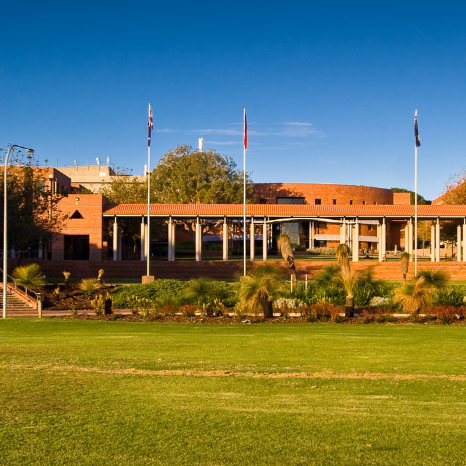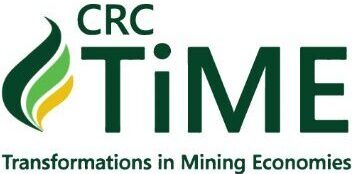ESG, carbon and natural capital accounting
Business strategies aimed at decarbonisation must focus on enhancing environmental, social and governance (ESG) performance while maintaining financial sustainability.
We need to understand the social and economic landscape within which the energy transition is happening. As such it is absolutely crucial to manage emissions, our natural capital and obligations to society.
Areas of focus
- Governance in environmental, social, and economic sustainability in the critical minerals sector
- ESG strategies, risk management, benchmarking and performance
- ESG risks and opportunities, governance and accountability over the energy transition supply chain (including modern slavery in the clean energy sector)
- Natural capital accounting, measurement and reporting
- Climate and carbon accounting measurement, verification and reporting
- Accounting for carbon trading credits and carbon offsets
Impact and outcomes
- Development and implementation of a natural capital accounting framework (a first in Australia)
- Formulation and calculation of carbon emission footprints for industry stakeholders
Research groups, facilities and centres

Sustainability in Business Council
Sustainability in Business and Law has worked to create and maintain a culture of respect and inclusion by incorporating the values of sustainability, responsible management education, gender, equity, diversity, and student equity into all aspects of Faculty operations and everyday business.

WA School of Mines
Consolidating engineering, economics and science capabilities to form WA School of Mines: Minerals, Energy and Chemical Engineering (WASM: MECE), the School attracts strong industry partnerships and investment in high-tech facilities, operating from campuses in Perth and the historic mining town of Kalgoorlie located in the Goldfields region of Western Australia.
Collaboration and partnerships

ALCOA

BHP

CRC TiME

CSIRO

Department of Climate Change, Energy, Environment and Water

Department of Foreign Affairs and Trade (DFAT)
